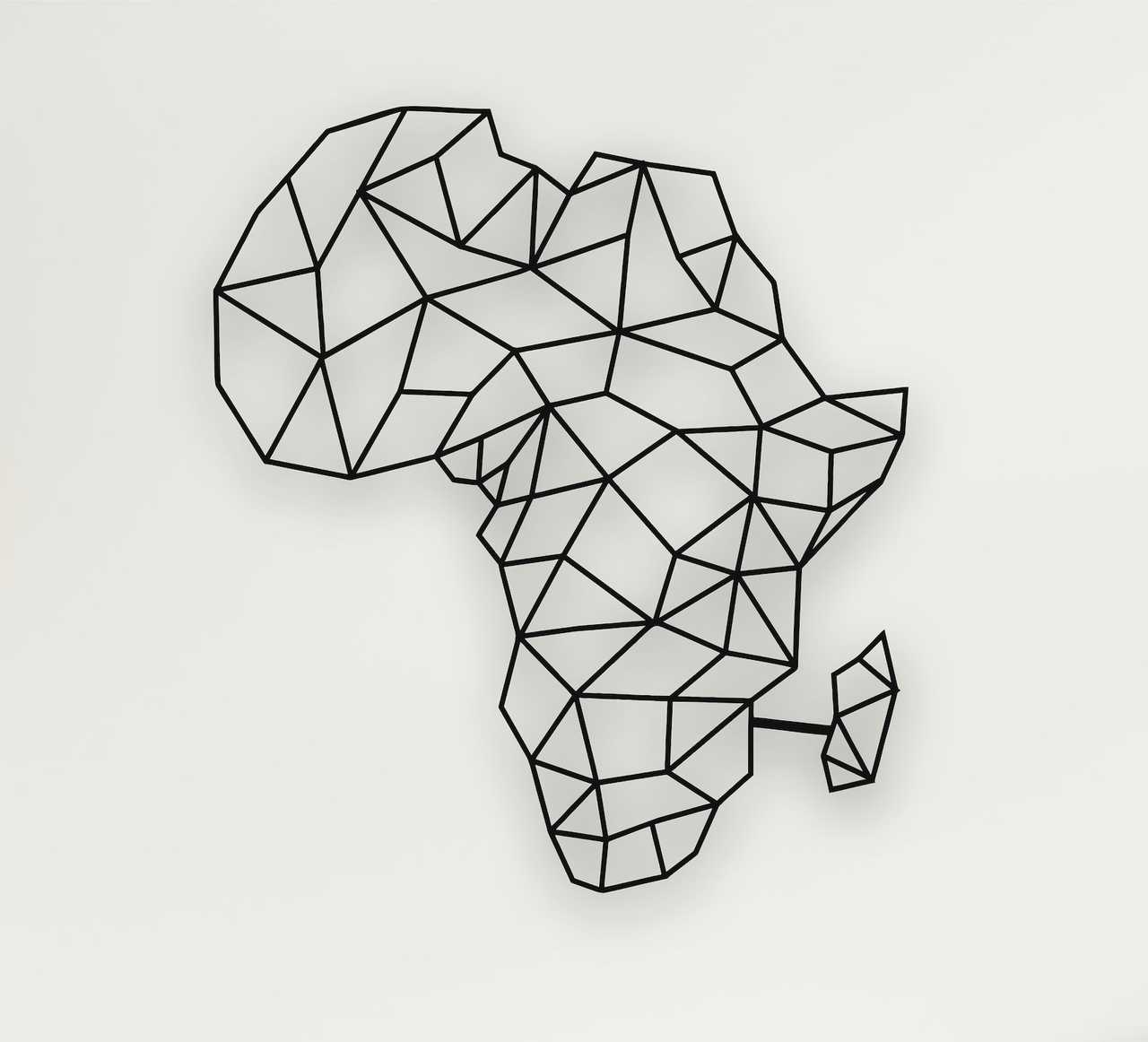Journal d’une COP #1
COP27 will be African or will not be
The COP27 will be African or it will not be. With the opening of COP27 in Sharm El Sheikh, two issues are looming that will be central in the debates : the “loss and damage” compensation and the future public-private partnership in place in the energy sector.

The “loss and damage” dossier is the key element of this COP, as developing countries are hit hardest by the consequences of climate change mainly caused by industrialized countries. The initiative led by the Prime Minister of Barbados, Mia Mottley, on the various possible financial mechanisms to rebalance the situation constitutes a broad and stimulating basis for reflection, with particular attention to the principles that should govern financing from the World Bank and the IMF.
The debate on “loss and damage” cannot be dissociated from another debate, that of the model of tomorrow’s development and its ability to generate sustainable revenue while respecting “common goods”. This debate was launched on the first day of COP by Macky Sall, President of the Republic of Senegal: “We bear the cost of developing green projects in Africa by resorting to debt. This is not acceptable. While we could have gone for solutions like coal, which is currently being used in most industrialized countries since the war in Ukraine.”
“The debate on ‘loss and damage’ cannot be dissociated from another debate : the debate on a sustainable development model.”
Many African countries present at COP27 are presenting a roadmap to Net Zero, which nevertheless requires a stopover with “Gas” for many of them, in order to finance the development of modern infrastructure and a strong secondary sector, providing sustainable employment. And the question is legitimate: Should Africa give up developing its gas resources to finance its development, while developed countries have been doing so for decades? And if so, what credible and fair alternatives? This is a major issue at a time when the challenge of electrification, among others, is key but also that of the energy and economic sovereignty of many countries in light of global geopolitical upheavals.
The real change consists of completely rethinking, in developing countries, the public-private partnership as conceived – or imposed – until now by international companies. One of the steps towards energy transition would be precisely to rethink the terms of the exchange and to integrate the “losses and damages” caused by energy companies operating in these countries.

